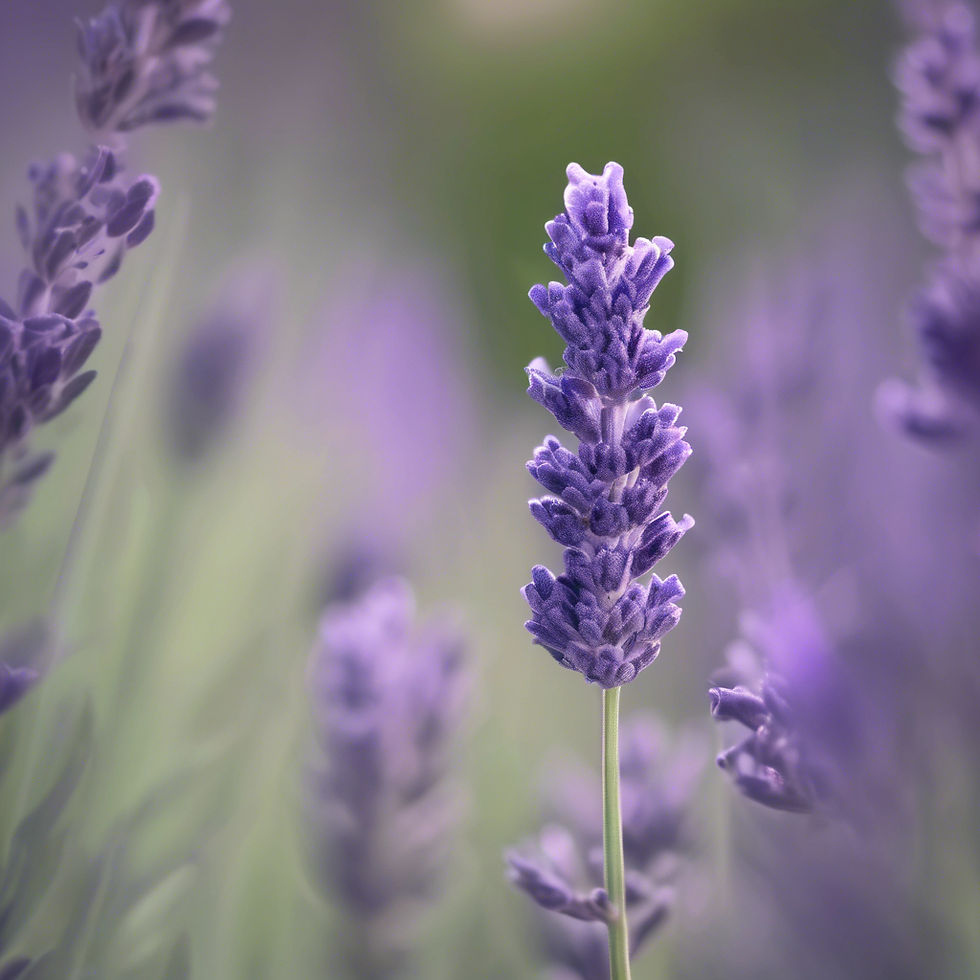Fennel is a flowering plant in the carrot family, known for its bulbous base, feathery fronds, and licorice-like flavor, used in various cuisines and traditionally for medicinal purposes.
Here's a more detailed look at fennel:
Botanical Characteristics:
- Fennel (Foeniculum vulgare) is a perennial herb, meaning it lives for more than two years.
- It belongs to the carrot family (Apiaceae).
- It has a pale bulbous base, long green stalks, and feathery, dill-like fronds.
- It is native to the Mediterranean region but is now found worldwide.
Culinary Uses:
- The bulb, stalks, leaves, and seeds are all edible.
- The bulb is often sliced and eaten raw or cooked in salads, pasta dishes, or roasted as a side dish.
- Fennel seeds are a common spice used in various cuisines, including Italian, Indian, and Middle Eastern cooking.
- Fennel is often used in marinades, stews, and baked goods.
Flavor and Taste:
- Fennel has a distinct licorice or anise flavor.
- The flavor is more pronounced in the bulb and seeds, and it mellows out when cooked.
Health Benefits:
- Fennel is a good source of fiber and vitamin C.
- It contains potassium, magnesium, and other nutrients with an antioxidant effect.
- Traditionally, fennel has been used for digestive issues, menstrual cramps, and as a general stimulant.
- Fennel tea is a popular remedy for digestive problems and can help relieve period pain.
How to Choose and Store:
- Look for firm, white bulbs with fresh, perky fronds.
- Avoid bulbs that are yellowing, have brown spots, or are dry.
- Store fennel in the refrigerator for up to a week, ideally in a plastic bag or container.
Varieties:
- There are two main varieties: Florence fennel (the vegetable we eat) and vulgare fennel (from which fennel pollen is harvested).
Fennel
$0.00Price

















